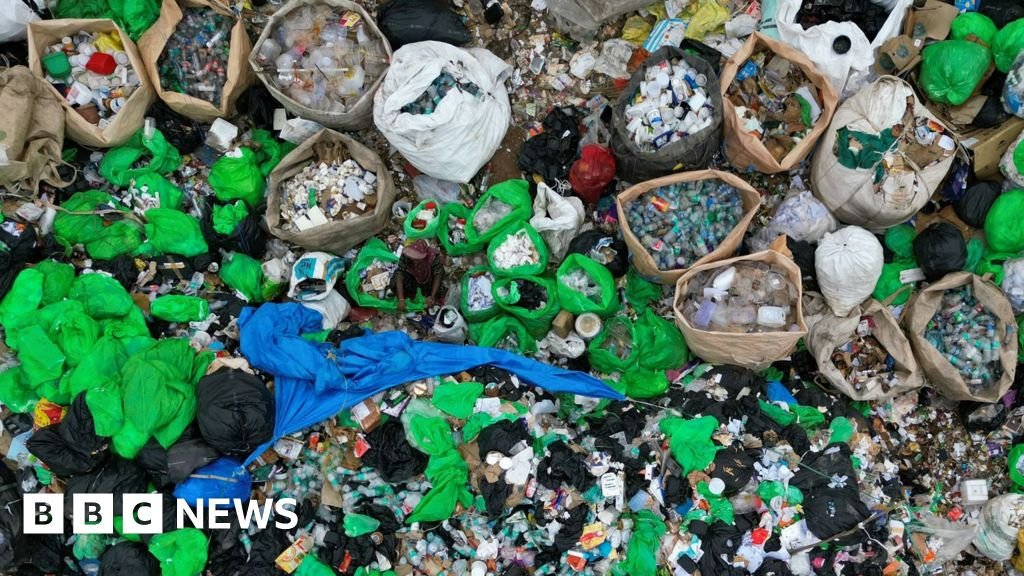India has also expressed concern over any commitment to reduce plastic production on the grounds that it could affect its right to development.
Environmental charities and scientists have expressed deep disappointment that the talks have collapsed and raised concerns about the influence of the fossil fuel industry.
Think tank InfluenceMap found that the petrochemical industry intervened dozens of times on the deal through company statements, social media and consultation responses, and 93% of them did not support attempts to cut production levels.
But the report, external stressed that these efforts have been outweighed by positive support from key plastics manufacturers such as Unilever, Mars and Nestlé, who want consistent global regulation of the issue.
Jodi Roussel, global head of sustainability at Nestlé, said of the failure of the talks: “Unfortunately, consensus among all countries remains elusive, further delaying important action to end plastic pollution.
“It also doesn’t provide the confidence that businesses need to mobilize investment and scale solutions.”
Countries are expected to meet again next year to try to reach an agreement, but Eirik Lindeberg, head of global plastics policy at the World Wide Fund for Nature (WWF), told the BBC that the 95-strong group should continue with their own treaty.
“I think the political reality is that most countries in the world want it – that’s the positive thing we can get out of it.
“These countries should not accept anything less than what they are asking for, there are already so many of them that an agreement would have a huge impact on ending plastic pollution and that option should be on the table.”

